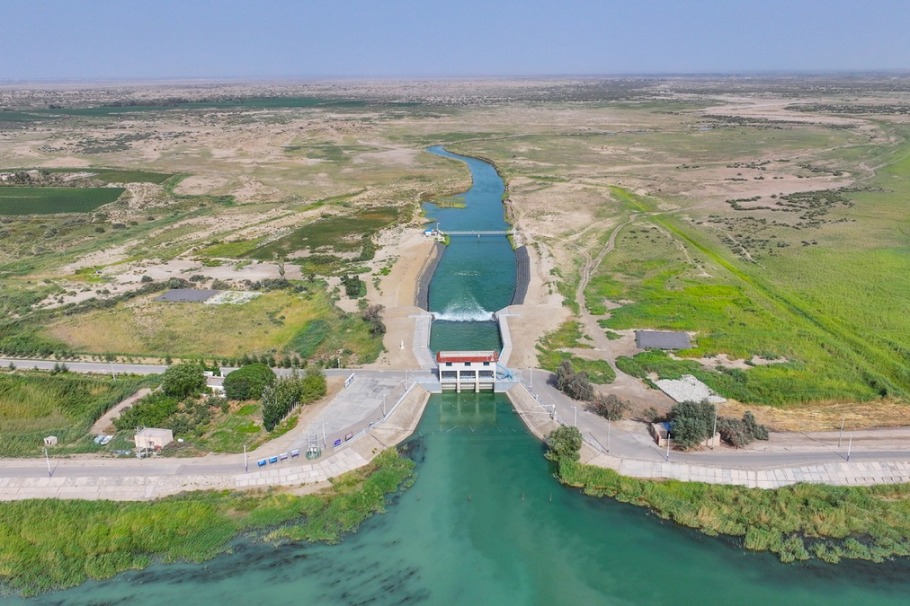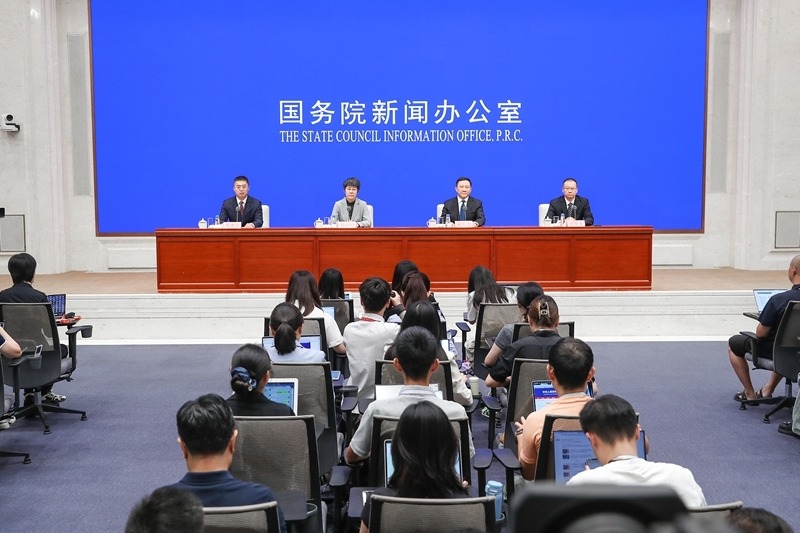Bamboo explored as alternative to plastic

Bamboo is a valuable tool for mitigating climate change thanks to its renewable, biodegradable and recyclable properties, said Anutra Wannaviroj, project director of Thailand's Chaipattana Foundation, who recently completed a seminar on the bamboo industry and green economy in Beijing.
"China is home to the largest bamboo industry in the world," Wannaviroj said. "I am particularly inspired by China's concept that 'lucid waters and lush mountains are invaluable assets', which aligns with the idea of development that meets the needs of the present without compromising the ability of future generations to meet their own."
As a participant in the National Academy of Forestry and Grassland Administration's bilateral training program on the bamboo industry, Wannaviroj explored a wide range of bamboo applications, including its use in food, medicine, textiles, building materials and handicrafts.
The training, offered to 35 officials and scholars from Thailand, shared China's experience in developing the bamboo industry and promoting bamboo products as alternatives to plastics. Thailand has abundant bamboo resources and is working to expand its bamboo processing sector.
"It was impressive to see how bamboo can replace plastics in daily life, with products such as bamboo spoons, forks and plates," she said. "Bamboo is a fast-growing, versatile plant that absorbs significant amounts of carbon dioxide from the atmosphere and stores it in biomass and soil."
Wannaviroj noted that the concept of sustainable development highlighted in the training aligns with Thailand's development strategy, which seeks to balance economic growth with social and environmental well-being.
However, she pointed out that one challenge for Thailand is to diversify bamboo products by leveraging technology and innovation to add greater value.
Kitipong Tangkit, deputy dean of the Faculty of Forestry at Kasetsart University in Thailand, also attended the two-week program. "We visited Guizhou province and learned how to create business opportunities under forest canopies, for example, planting mushrooms and nurturing medicinal plants," he said.
In Tangkit's view, China's bamboo policy integrates different aspects of the economy, society and environment. "The cooperation between China and Thailand brings opportunity for Thai bamboo farmers and Thai people," he said.
"Beyond addressing environmental challenges, the bamboo industry can also boost grassroots economies by generating income for local communities and reducing inequality," Wannaviroj added.
The seminar covered bamboo forest cultivation, resource management, environmental conservation and industrial applications. Wannaviroj said she plans to share what she learned with bamboo farmers and entrepreneurs in Thailand.
"I also look forward to learning more about technology and innovation in the bamboo industry, particularly in bamboo processing, which will help further develop Thailand's bamboo sector," she said.





































